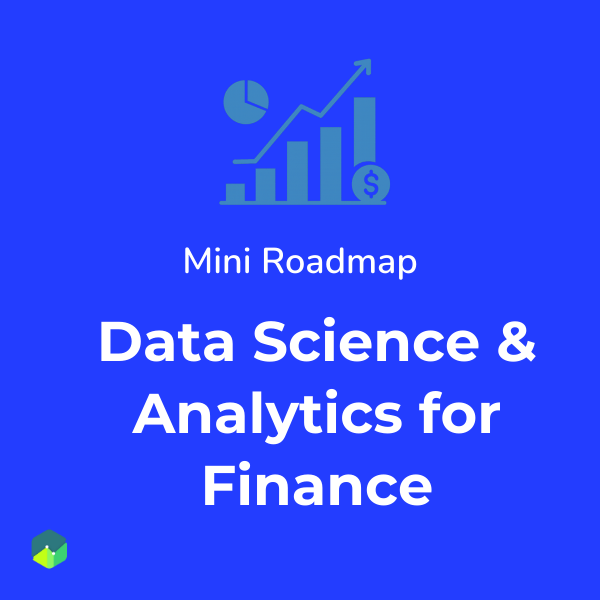Credit Card Debt: 5 Ways to Pay It Off

Have you ever gone on a shopping spree with your credit card doing all the purchasing for you? It must have been euphoric, buying things without having to worry about the money in your pocket. But have you stopped to consider the consequences of this thoughtless spending? Did you ever think about the debt you've continuously collected as the number of bags you're holding kept increasing in number?
A lousy spending habit is usually the reason why people have large numbers of accumulated debt under their name. Lacking financial literacy to curb your consumerism is a surefire way to find yourself stuck in a never-ending cycle of debt. Not only are you going to pay what you owe, but lenders will also ask for interests, making you pay more money than you borrowed.
This is why being financially aware is essential. A lot of online lenders aim to help people achieve financial stability as well as literacy, take Creditninja as an example. They provide information about ways to spend money responsibly, especially money associated with loans. With helpful articles paired with discipline, spending less, and being debt-free would be easier than ever.
Why do people get into credit card debt?
Spending more than what you earn, as mentioned before, is just one of the reasons why credit card holders are deep into the pool of debt. It is the most common, too. According to the joint research conducted by the AARP and the Association of Young Americans (AYA), more than half of Americans spend beyond their means.
50% of Americans have credit card debt, while 40% have either car loans or mortgages to pay off. 30%, on the other hand, have student loans. Almost half haven't earned anything for retirement. 70% of the responders consider that the level of the debt they're in is a problem and should be worried about it.
Some people use credit cards to pay for financial emergencies. Others only pay the minimum requirement every month. Some also hold too many credit cards or fall for the trick that is card-rewards. Many factors easily affect credit card spending.
How to pay your credit card debt.
The following are efficient ways to pay your credit card debts.
Prioritize which debt to pay off first.
If you have more than one credit card, pay at least the monthly minimum of each card. After that, focus on paying off the balance with one card at a time. Prioritize your payments in order of importance.

